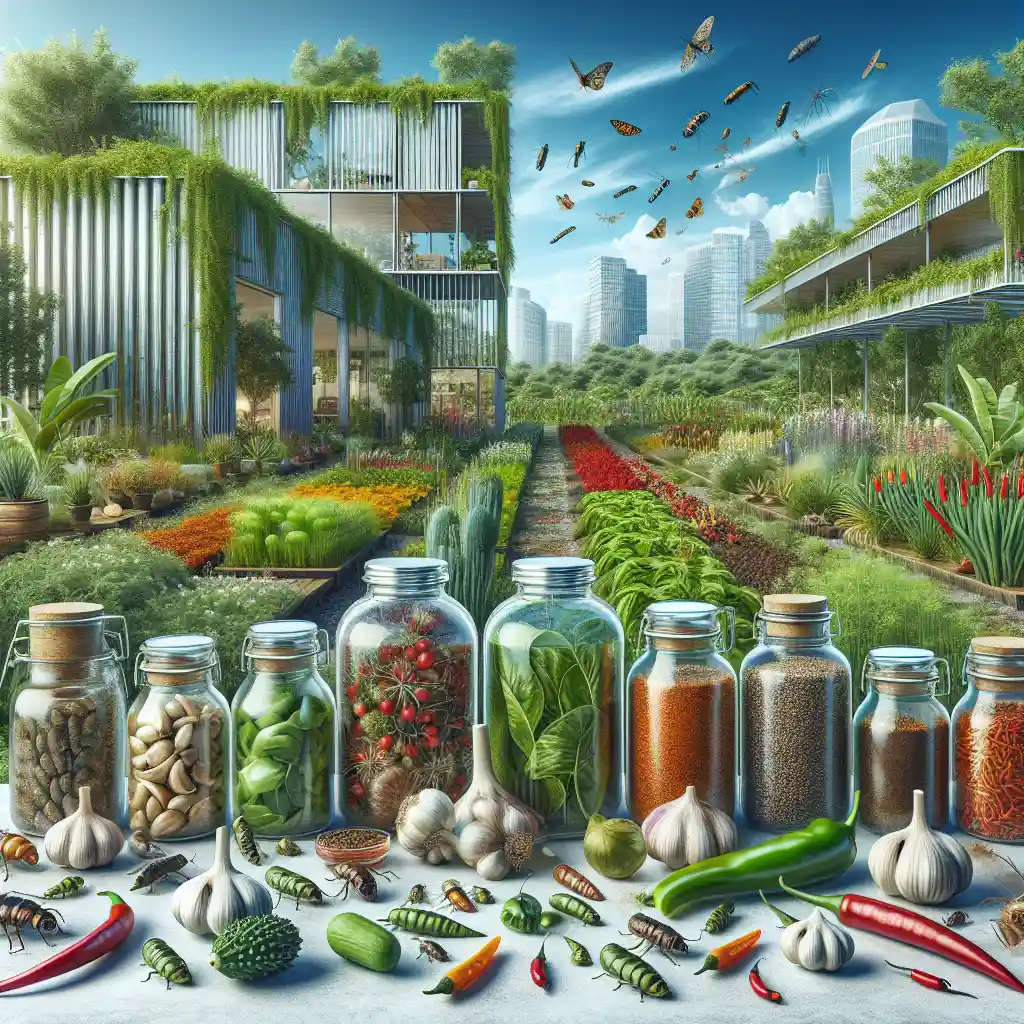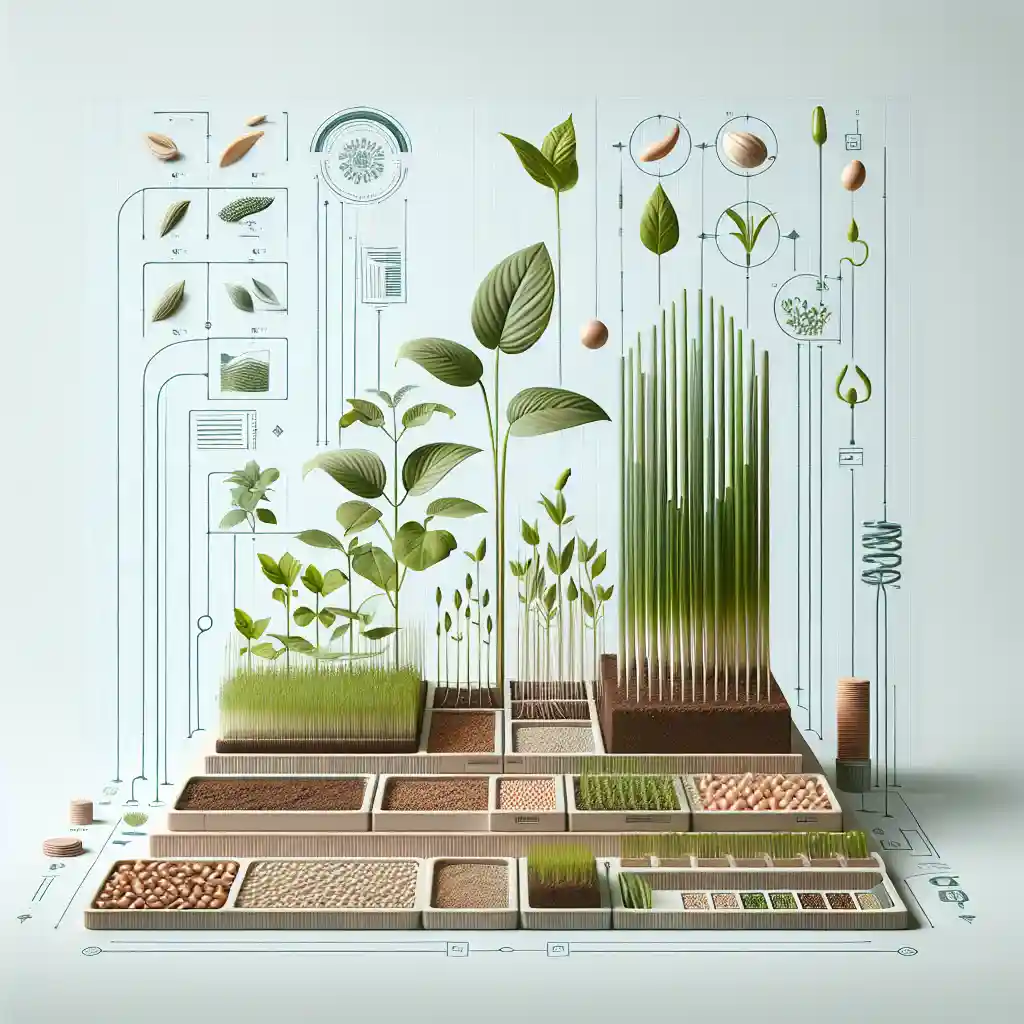10 Eco-Friendly Gardening Practices to Adopt Today
In today's world, where environmental impact is a growing concern, adopting eco-friendly gardening practices is more crucial than ever. By implementing sustainable practices in our gardens, we can contribute to a healthier planet and minimize our carbon footprint. Here are 10 green gardening tips and natural gardening methods that you can start adopting today:

1. Composting for Nutrient-Rich Soil
Composting is a great way to recycle organic waste from your kitchen and garden to create nutrient-rich soil for your plants. By composting, you not only reduce waste sent to landfill but also enrich your soil naturally, without chemical fertilizers. Mix kitchen scraps, leaves, and grass clippings in a compost bin, and let nature do its work.
2. Water Conservation Techniques
Incorporate water conservation techniques into your gardening routine to minimize water wastage and promote sustainability. Consider installing rain barrels to collect rainwater for watering your plants or opt for drip irrigation systems that deliver water directly to the roots, reducing evaporation.
3. Natural Pest Control Methods
Avoid harmful chemical pesticides that can harm beneficial insects and wildlife by opting for natural pest control methods. Planting companion plants that repel pests, using insecticidal soaps, or introducing beneficial insects like ladybugs can help keep your garden pest-free in an eco-friendly way.
4. Native Plant Selection
Choose native plants for your garden as they are well adapted to the local climate and require less water, fertilizer, and maintenance. Native plants also provide food and shelter to local wildlife, contributing to the overall ecosystem. Research native plant species in your area and incorporate them into your garden design.
5. Mulching for Weed Control
Mulching is a sustainable practice that helps suppress weeds, retain soil moisture, and regulate soil temperature. Use natural mulches like wood chips, straw, or leaves to cover the soil around your plants. Mulching not only improves soil health but also reduces the need for frequent watering and weeding.
6. Organic Soil Amendments
Instead of relying on synthetic fertilizers that can have a negative impact on soil and water quality, opt for organic soil amendments like compost, manure, and bone meal. These natural fertilizers improve soil structure, add essential nutrients, and promote beneficial soil microbes for healthy plant growth.
By incorporating these eco-friendly gardening practices into your routine, you can create a sustainable garden that benefits both the environment and your plants. Start small and gradually adopt more green gardening tips to make a positive impact on the planet while enjoying a beautiful and thriving garden.


















